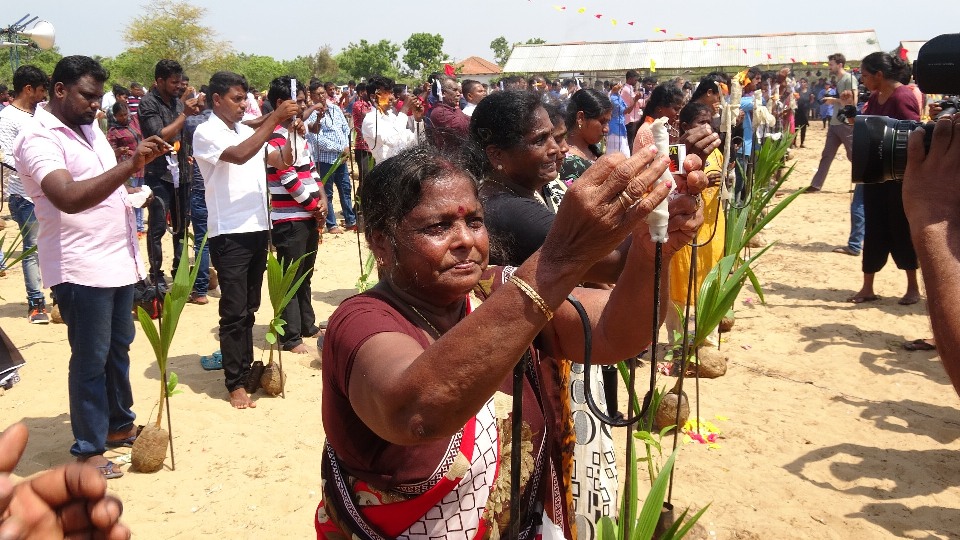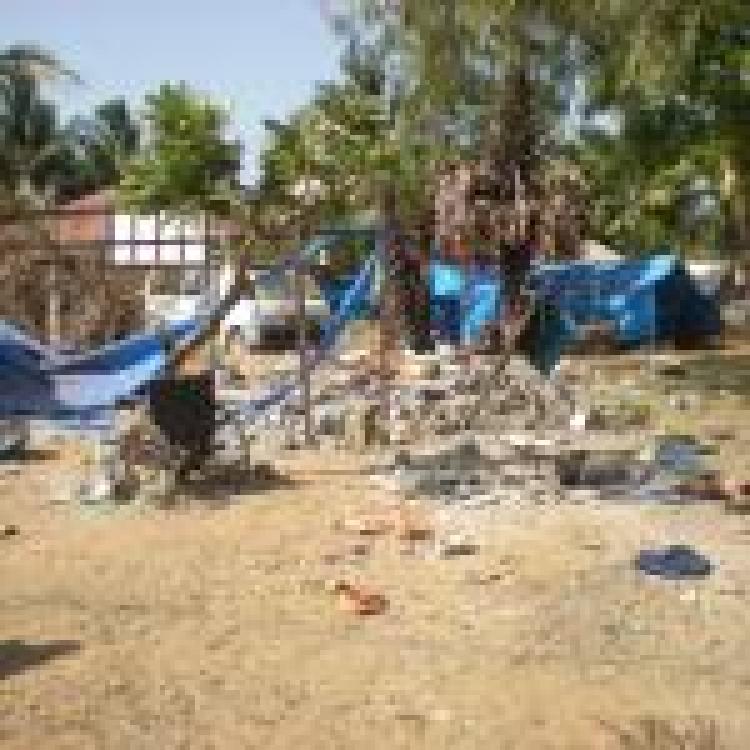
The international community continues to fail the Tamil people, ten years on from the Mullivaikkal genocide, by rewarding Sri Lanka’s lack of progress with increased engagement and bilateral support, the Washington-based advocacy group PEARL has said.
“Ten years later, the Sri Lankan government has taken limited action to address Tamil grievances, including demands for accountability,” the organisation said in a statement on May 18.
See PEARL’s petition ‘Tamil Genocide Recognition and Criminal Justice for all Atrocities’
“In defense of protecting ‘war heroes,’ [the Sri Lankan government] repeatedly decries international involvement and steps towards accountability despite its repeated promises to the international community. This has only continued to dissolve Tamils’ faith in the political will of both the government and the international community to deliver results on truth and justice.”
“In our remembrance, it is important to reflect on the complicity of the international community in the Tamil genocide. Its unfaltering support of the Sri Lankan state during the height of the conflict despite increasing evidence of human rights violations, such as the military’s deliberate shelling of no-fire zones, including makeshift hospitals, and the calculated deprivation of humanitarian aid, enabled mass atrocities.”
“Today, members of the international community continue to fail the Tamil people by rewarding the state’s lack of progress with a substantial increase in positive engagement and bilateral support.”
“It is clear that permissiveness toward Sri Lanka’s foot-dragging is ineffective and will not yield meaningful change — on the contrary, this has undermined the progress that is possible. This gentle prodding, with no consequences for inaction, has not pushed the Sri Lankan government to address the Sinhala-Buddhist nationalism that has permeated the island and fuelled ethnic and religious tensions since independence. This month, in the wake of the horrific Easter Sunday bombings, we have yet again witnessed the consequences of ongoing structural discrimination and impunity, with a particular focus now on the island's Muslims.”



